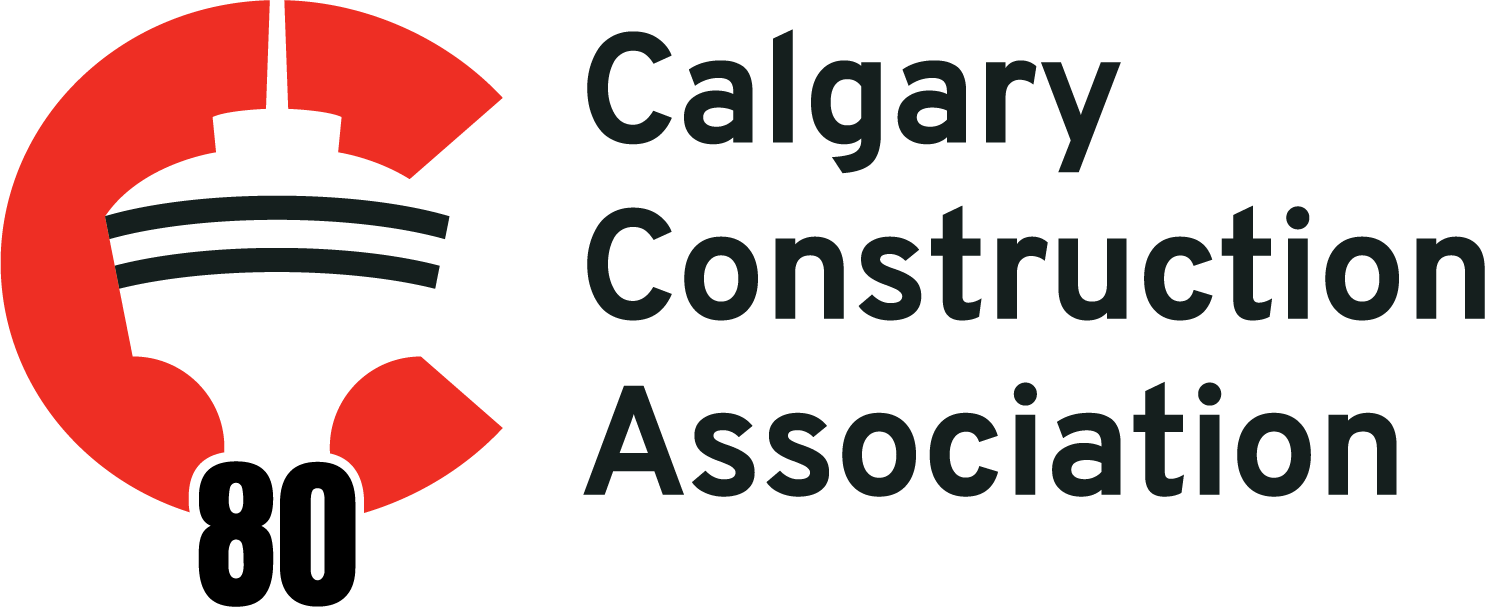The Builders’ Lien Act is changing to the Prompt Payment and Construction Lien Act (the “PPCLA”) on August 29, 2022. Are you ready for it?
The Builders’ Lien Act is changing to the Prompt Payment and Construction Lien Act (the “PPCLA”) on August 29, 2022. Are you ready for it? In preparing for the implementation of the PPCLA it is important to review your internal practices and procedures to ensure your company can track and manage the deadlines and requirements of the PPCLA. Below are some practical issues to consider:
- Your invoice may need to be changed to meet the requirements of a Proper Invoice under the PPCLA. A “Proper Invoice” must include:
- the contractor’s name and business address;
- the date of the proper invoice and the period during which the work was done or materials were furnished;
- information identifying the authority, whether in a written or verbal contract or otherwise, under which the work was done or materials were furnished;
- a description of the work done or materials furnished;
- the amount requested for payment and the corresponding payment terms broken down for the work done or materials furnished;
- the name, title and contact information of the person to whom the payment is to be sent;
- a statement indicating that the invoice provided is intended to constitute a proper invoice; and
- any other information that may be prescribed in the contract or supplemental conditions.
- Your contracts, subcontracts, and supplementary conditions may need to be amended to comply with the PPCLA. Current contracts contain payment and holdback provisions that likely do not comply with the payment requirements of the PPCLA. Many contracts also provide that payment is not due and owing until the invoice has been reviewed and certified by the consultant; however the PPCLA prohibits any contract terms that impose prior certification from a Consultant or approval of the Owner as a condition precedent to the issuance of a Proper Invoice.
- In addition to changing your invoices, you may also need to make changes to your invoicing procedures as well as implement internal processes to address and track partial payments and the apportionment of payments. An Owner has 28 days to pay the Contractor and then as you move down the contractual hierarchy, each tier has 7 days from receipt of payment to remit payment to those parties it contracted with.
- It is not just a system to track invoices and payments that will be beneficial. You may also need to implement a system or strategy to track and manage the other deadlines under the PPCLA, such as deadlines for Notice of Dispute, Notice of Non-Payment, Notice of Adjudication, and the deadlines that follow during the Adjudication process.
- A Document management system will be very helpful so you can respond or advance an adjudication quickly, if needed. Adjudication is intended to be a confidential and fast track resolution of payment and payment related disputes by a certified adjudicator. Adjudication is initiated by the issuance of a Notice of Adjudication and becomes a mandatory procedure once that notice is issued. Generally speaking, an adjudicator’s decision is based on the submission of statements and documents by the parties within a very short period of time. It is important to keep good records in an organized manner throughout the project so that if you are involved in an adjudication you can quickly access the necessary information and present it to the adjudicator in a logical and structured fashion.
For further information or a sample Proper Invoice, please visit our blog post on the subject by clicking here or reach out to Adrianna Worman at aworman@gfslaw.ca or Shaun Chorney at schorney@gfslaw.ca.
August 3, 2022





